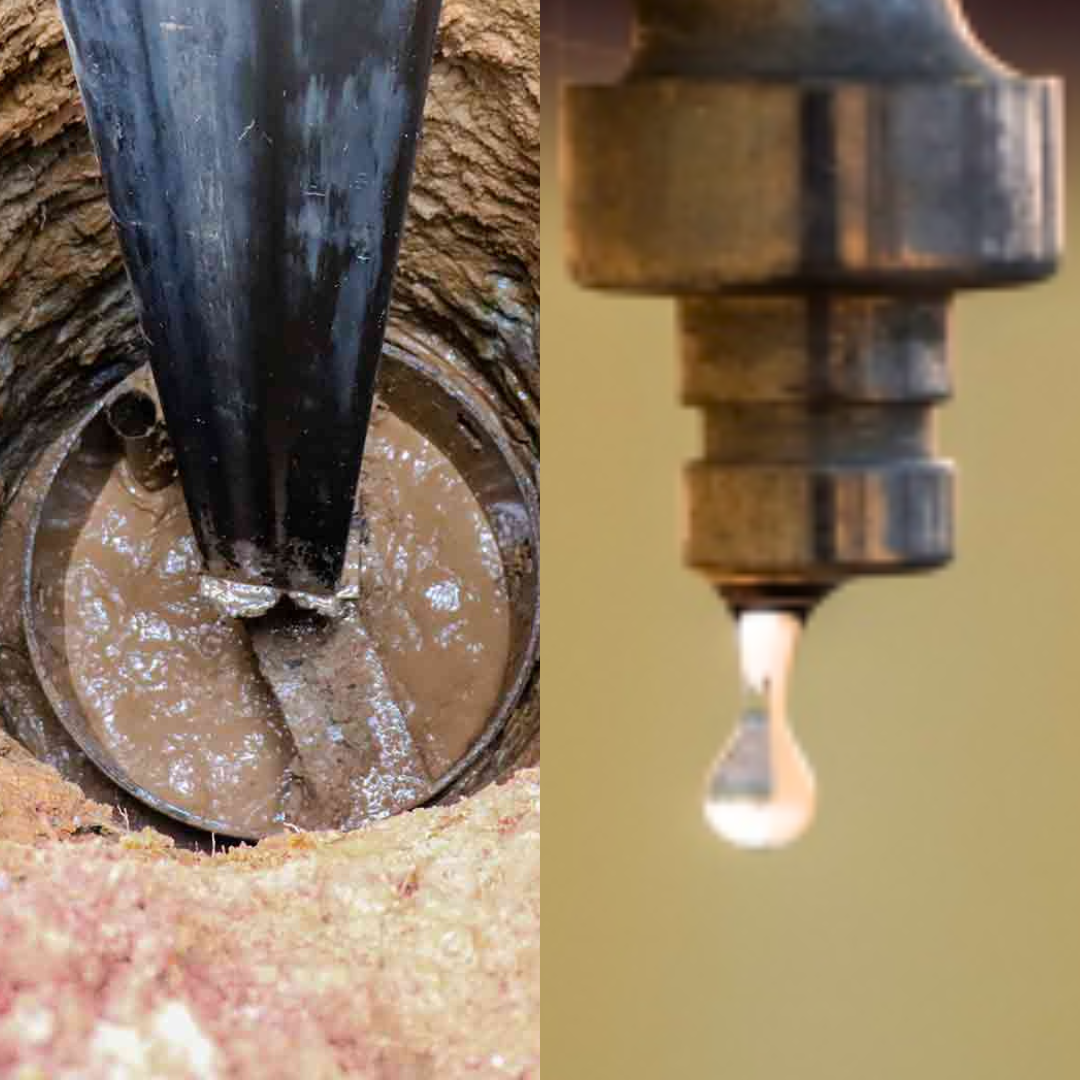Can Rainfall Refill Your Borehole? Here’s What the Science Says
If you’ve ever looked out at a heavy downpour and wondered, “Is this helping refill my borehole?”—you’re not alone. It’s a common and perfectly valid question. After all, if you rely on borehole water for your home, business, or farm, understanding how nature supports (or doesn’t support) your supply is crucial.
At LiquaFlo Borehole Solutions, we’ve had countless clients in the southern region of Johannesburg and beyond ask us: Does rain increase borehole water? Can a borehole run out of water? Let’s dive into the science behind borehole recharge, how rainfall plays a role, and what you can do to protect your water source year-round.
What Is Borehole Recharge?

“Recharge” is the process where rainwater makes its way down through soil and rock layers to replenish underground aquifers—those hidden water reservoirs that your borehole taps into. The water doesn’t just drip down like through a straw; it’s filtered slowly through layers of earth, a journey that can take days, months, or even years depending on the soil type, land use, and geological conditions.

Think of your aquifer as a sponge. It soaks up water when it’s available, but if demand (from borehole pumping) is higher than supply (from rain recharge), the sponge can dry out. That’s when trouble starts.
So, Can Rain Actually Refill Your Borehole?
Yes… but it’s complicated.

Rainfall can help refill aquifers—but only if certain conditions are met:
- Soil and rock permeability: Sandy and loose soils absorb more water, allowing it to seep deeper. Clay-heavy or compacted soil? Not so much.
- Depth of your borehole: Shallow boreholes are more likely to see quick recharge after rain. Deeper boreholes may rely on water that fell months ago—or even years ago.
- Paving and development: In urban areas like Johannesburg, rainwater often runs off tarred roads and rooftops instead of soaking into the ground. This reduces natural recharge.
- Seasonal rainfall: South Africa’s summer rainfall season can boost recharge, but a single wet month doesn’t guarantee a steady aquifer. Consistent rainfall over time is key.
Can a Borehole Run Out of Water?
Unfortunately, yes.

Even with regular rainfall, your borehole can run dry if:
- The aquifer is over-extracted
- Recharge is too slow or inconsistent
- There are too many users on the same aquifer (common in dense suburbs)
- Maintenance hasn’t been done in years (yes, boreholes need TLC too)
This is why LiquaFlo strongly recommends annual borehole assessments. We’ll check your water yield, pump performance, and assess signs of stress—before your taps run dry.
How to Keep Your Borehole Sustainable
Want to ensure your borehole keeps serving you reliably for years to come? Here’s how:
- Schedule regular borehole assessments: Our team evaluates water levels, pump function, and signs of overuse.
- Practice smart water use: Especially in drier months, be mindful of irrigation times and water-heavy appliances.
- Invest in water-efficient pumps: Modern solar borehole pumps are both eco-friendly and reduce draw stress.
- Install rain harvesting systems: While not directly linked to your borehole, storing rainwater for surface use reduces pressure on your groundwater supply.
The LiquaFlo Approach
At LiquaFlo Borehole Solutions, we design systems that go beyond drilling. We think long-term—balancing your immediate needs with the sustainability of your water source.
Whether it’s new installations, upgrades, or professional borehole assessments across Johannesburg and beyond, our experts help you use water wisely and protect your investment.
Remember: the rain might fall, but your borehole’s future depends on more than just the weather.



